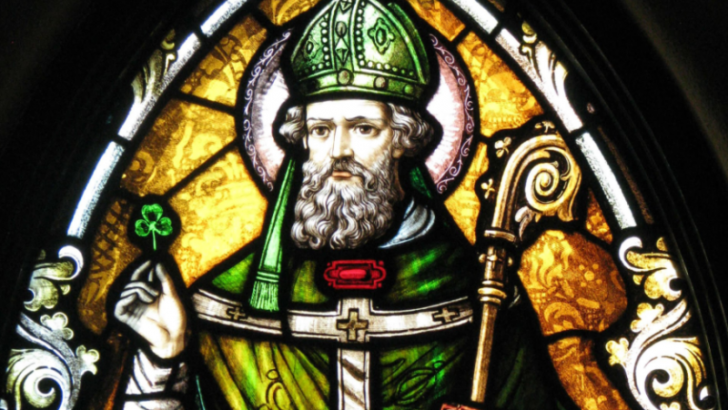Notebook
What hope is there for the young people of Ireland? Just over 40 years ago, when Pope St John Paul II addressed young Irish people in Galway, he was speaking to people supported and nourished by a Catholic culture: “You come from Catholic families; you go regularly and meet Christ in Holy Communion on Sundays or even during the week. Many of you pray with your families every day”. But even then he recognised the many pressures on these young people, leading them away from the “demanding call” of Christ.
Today, young people growing up in Ireland experience almost no ambient encouragement to follow Christ. Many Catholic families are non-practising, many Catholic schools do little to promote a living faith, and parishes rarely have any specific outreach to young people. In any case, the values of young people are largely being shaped, not by the adults who surround them, but in the online world, where religious faith is routinely ridiculed.
Demanding
What hope could there be that any young Irish people might swim against this overwhelming current and respond to Christ’s demanding call today?
It’s certainly true that the vast majority of young people have little real relationship with Christ and his Church, but my four years of priestly ministry here have put me in touch repeatedly with deeply faithful young people, each one a walking miracle. They are often the only believers in their friendship groups and unsupported by family. They have typically had mediocre formation in school and parish. In spite of all this, they have each come to hear the voice of the risen Christ, and come to know that he is the one to follow, against all currents, come what may.
These young people are living at the heart of mainstream Ireland, but they reach out to fellow believers to form tight-knit communities of prayer and encouragement: Youth 2000, Ignite Ireland, Jesus Youth, and so on.
Desire
They have a desire for authenticity, for a deep prayer life, for perseverance in good, for freedom from enslaving addictions, and they know all this requires radical renunciation. Many volunteer for programmes like Exodus 90, involving group commitment to ascetical practices and substantial times of silent prayer. To make up for what was lacking in their own formation, they seek out nourishment in online Bible studies and podcasts.
These young people are missionary too: they give up their time to work with NET Ministries, or Holy Family Mission, or FOCUS, and they bravely propose the Gospel on the streets of our city during Nightfever events.
Their purity of intention is quite astonishing, above all because it is in no way the fruit of a surrounding culture. These pure hearts are born and reared in adversity.
We shouldn’t be surprised, of course, that the Lord continues to raise up saints, even when the surrounding culture undermines holiness.
Our own national patron, St Patrick was once, after all, an unenthusiastic young Christian, lost in an unchristian culture. “I did not know the true God”, he frankly admits in his Confession. But there, in the heart of pagan Ireland, the Holy Spirit was transforming this young man’s heart. In his solitary prayer, with no teachers, and no Christian community, the Spirit burned within him: “More and more my love of God and reverence for him began to increase, and my faith grew stronger”.
This is the gift God gave Patrick in the land of his captivity. The living God is giving this same gift to young Irish people today, leading them out of slavery and into freedom, making them a light for the nations, a light for post-Christian Ireland.
***
I was reminded of Patrick again this week when I saw the extraordinary images from Myanmar of a Catholic nun, Sr Ann Rose Nu Tawng, facing up to armed police preparing to open fire on children who had taken refuge in her clinic. “If you need to kill, kill me instead”, she told the police, and at that point they left. She has continued since then to care for the victims of violence, and to speak up for peace.
St Patrick, in his time, spoke up too against men of violence. Apart from his Confession, a letter he wrote survives, written to the soldiers of a British leader, Coroticus, excoriating them for their violence against a number of his new converts. Like Sr Ann Rose, Patrick cries out in grief and righteous anger, demanding justice for the murdered and enslaved. The soldiers are “dripping in blood”, and “rebels against Christ”, but he hopes still that these violent men might repent and choose life, “now and in eternity”.



